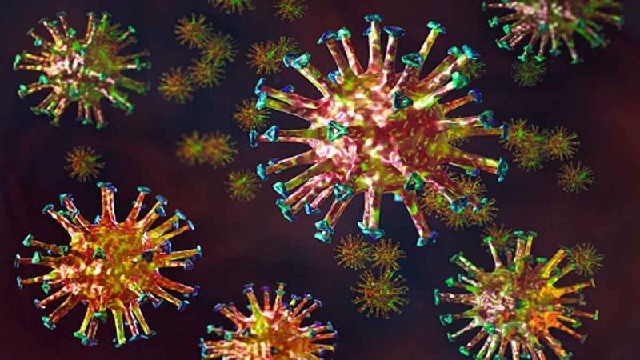Amid the rapid spread of Omicron strain in the entire world, here comes another new variant named IHU or B.1.640.2, it has been identified by researchers in France. A study suggests that the new virus strain has more mutations than the Omicron variant.
Detected by researchers at the Marseille-based Mediterranee Infection University Hospital Institute (IHU), the variant has 46 mutations and 37 deletions.However, experts have said it is too early to say anything with certainty about its behaviour.
What is IHU?
The ‘IHU variant’ or the B.1.640.2 lineage of the SARS CoV-2 virus is a variant of the virus that contains several changes in its genes than the original ‘wild’ version of the virus that first emerged in 2019.
The IHU variant, also known as B.1.640.2, was named after French researchers at the IHU Mediterranee Infection.
The researchers have mentioned that the first case was detected in an adult from a small town in southeastern France. He was diagnosed with SARS-CoV-2 in an RT-PCR test performed at a private medical biology laboratory. The person had developed mild respiratory symptoms the day before diagnosis. Later, respiratory samples collected from seven other COVID-19 positive patients from the same area showed the same combination of mutations.
The genomic sequencing was done using Oxford Nanopore Technologies on GridION instruments to completion within less than eight hours.
Two of the mutations of the spike protein, which is the part of the virus that binds to human cells that then allows the virus to infect them, are N501Y and E484K. The N501Y mutation was first identified in the ‘Alpha’ or B.1.1.7 variant and has been linked to increased transmissibility. The E484K mutation is an escape mutation that allows the virus to potentially evade the antibody response of the human immune system. This means that variants of the virus with the E484K mutation are able to infect individuals more easily than other variants even if they are vaccinated. The mutation is present in the B.1.1.7, B.1.351 (‘Beta variant), and P.1 (Gamma) lineages.
The presence of these mutations means that the ‘IHU variant’ is most likely more transmissible and more resistant against vaccines than the wild variant of COVID-19.
What does WHO say about the new variant?
The World Health Organisation(WHO) is yet to label it a variant under investigation as it has not been detected in other countries.




 Ms Kalinga
Ms Kalinga